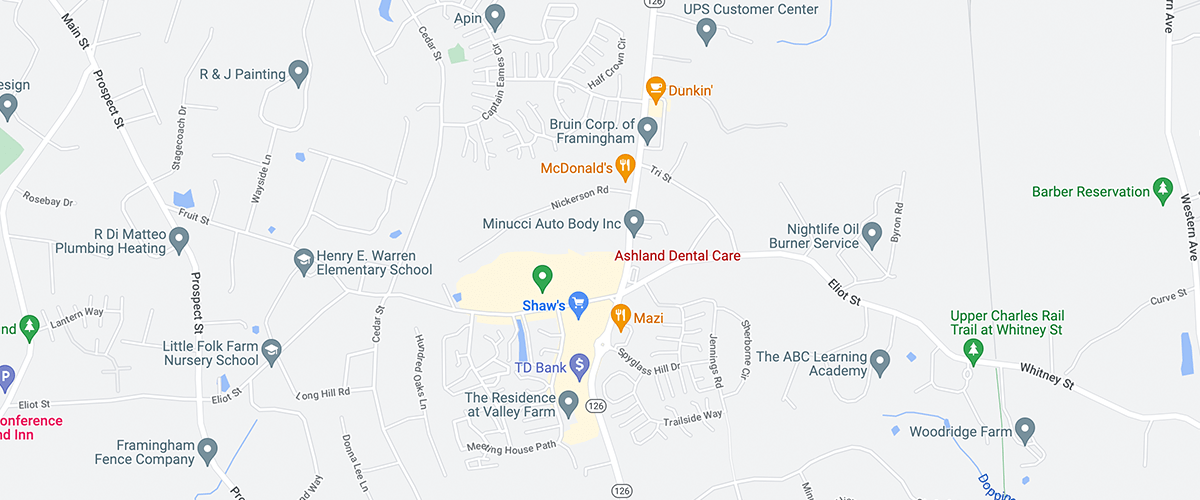When do children usually lose their baby teeth?
September 11th, 2019

Many parents worry that their children’s teeth are not falling out on time. A lot of concerned parents want to know: When will my child lose his or her first baby tooth? At what age should the last tooth fall out? Is there a specific order in which the teeth are lost?
Dr. Adam Persky and our team explain that a child's 20 baby teeth (primary teeth) typically come in by age three and begin to loosen and fall out on their own to make room for permanent teeth, which usually appear by the time your child is six. It is important to know that timing may vary, and girls typically lose their baby teeth earlier than boys. The last baby teeth will likely fall out by the time your child is 13.
So, which teeth do children lose first? Baby teeth tend to fall out in the order in which they came, which means the lower center incisors are usually the first to go when your child is between six and seven years old. The next teeth your child will lose are his or her top center pair, also called the upper central incisors.
It’s important to note that if a child loses a baby tooth early as a result of decay or an unforeseen accident, his or her permanent tooth may erupt early and potentially come in crooked due to limited space. If your child suffers an injury or has tooth decay, we encourage you to give us a call to set up an appointment with Dr. Adam Persky.
While we know some children couldn’t be more excited to lose their baby teeth, we know others are anxious about this childhood milestone. When your child starts to lose teeth, our team at Ashland Dental Care encourages you to stress the importance of proper dental care on a daily basis.
Remember to:
- Remind your child to brush his or her teeth at least twice a day. Supervise and offer assistance as needed.
- Help your child floss his or her teeth at bedtime.
- Limit eating and drinking between meals and at bedtime, especially sugary treats and drinks, such as candy and soda.
- Schedule regular dental visits for your child every six months.
- Ask about the use of fluoride treatments and dental sealants to help prevent tooth decay.
To learn more about baby teeth, or to schedule your child's next visit with Dr. Adam Persky at our Ashland office, please give us a call today!



